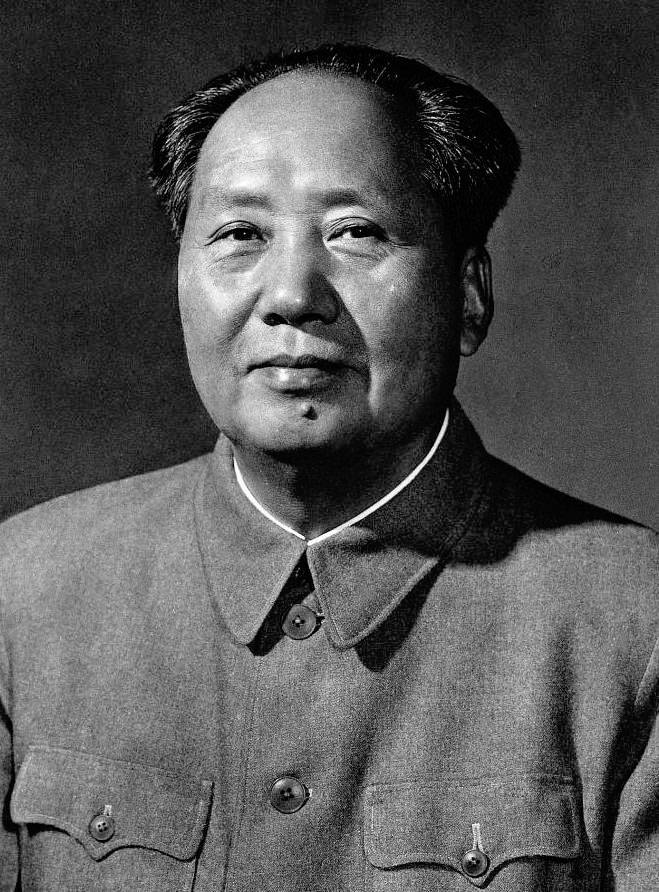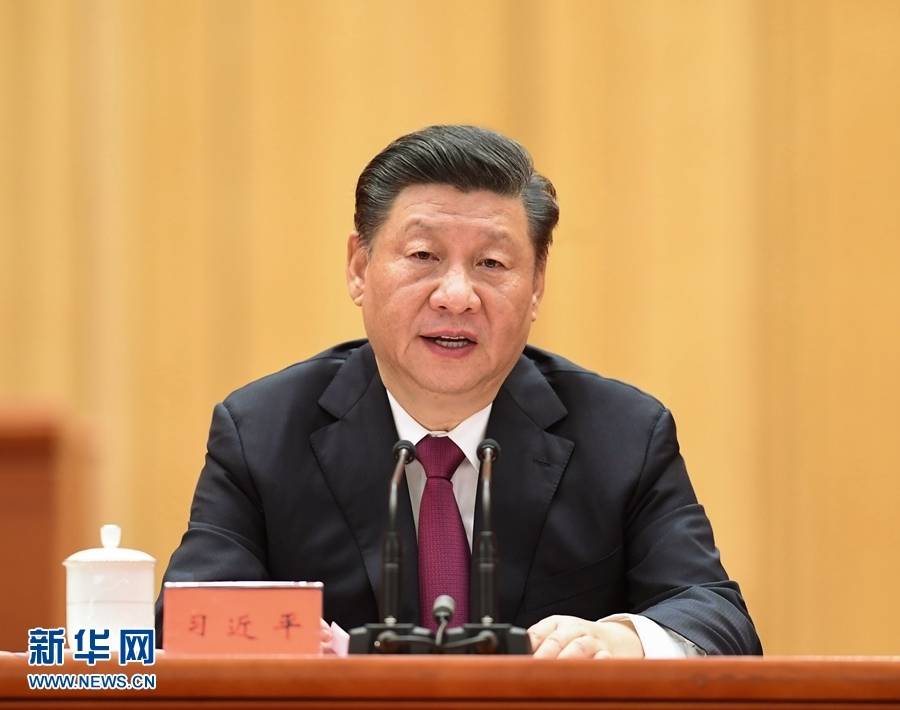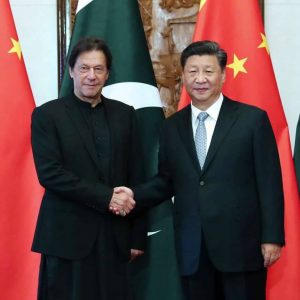It must find a way to placate or tame this new generation of Maoists that it helped create, or it could face challenges in governing, advised Li….reports Asian Lite News
Communist Party’s supreme leader Chairman Mao Zedong is making a comeback among China’s Generation Z as his call for struggle and violence against capitalists is winning over a new audience of young people frustrated with long work hours and dwindling opportunities.
Li Yuan, writing in The Japan Times said that Chairman Mao, whose decades of non-stop political campaigns cost millions of lives, is inspiring and comforting disaffected people born long after his death in 1976. To them, Mao Zedong is a hero who speaks to their despair as struggling nobodies.
China is grappling with widening social inequality; Mao’s words provide justification for the anger many young people feel toward a business class they see as exploitative. They want to follow in his footsteps and change Chinese society — and some have even talked about violence against the capitalist class if necessary, wrote Li.
The Mao fad lays bare the paradoxical reality facing the party, which celebrated the centenary of its founding last week. Under President Xi Jinping, the party has made itself central to nearly every aspect of Chinese life. It claims credit for the economic progress the country has made and tells the Chinese people to be grateful.

At the same time, economic growth is weakening and opportunities for young people are dwindling. The party has nobody else to blame for a growing wealth gap, unaffordable housing, and a lack of labour protections.
It must find a way to placate or tame this new generation of Maoists that it helped create, or it could face challenges in governing, advised Li.
“The new generation is lost in this divided society, so they will look for keys to the problems,” a Maoist blogger wrote on the WeChat social media platform. “In the end, they’ll definitely find Chairman Mao.”
In interviews and online posts, many young people said they could relate to Mao’s analysis of Chinese society as a constant class struggle between the oppressed and their oppressors.
“Like many young people, I’m optimistic about the country’s future but pessimistic about my own,” said Du Yu, 23, who is suffering from burnout from his last job as an editor at a blockchain startup in the tech-obsessed Chinese city of Shenzhen. Mao’s writing, he said, “offers spiritual relief to small-town youth like me.”
ALSO READ: China Fear Revival of Turkistan Islamic Movement Amid US Troop Pull Out
Chinese technology workers are often expected to work 9 am to 9 pm six days a week, a practice so common that they call it “996”, reported The Japan Times.
Du’s schedule was worse. After he slept only five hours over three days late last year, his heart raced, he was short of breath and he grew sluggish. He quit shortly after. He hasn’t looked for a job in three months and seldom ventures outside. A doctor diagnosed mild depression.

“Most of my peers I know still want to succeed,” Du said. “We’re simply against exploitation and meaningless striving.”
While Mao never went away, he was once out of fashion. In the 1980s, as freedom and free markets became buzzwords, young people turned to books by Friedrich Nietzsche, Jean-Paul Sartre and Milton Friedman. Studying Mao was required in school, but many students blew off those lessons. After the 1989 Tiananmen Square crackdown, martial arts novels and books by successful entrepreneurs dominated bestseller lists.
But China has become fertile ground for a Mao renaissance. Nominally a socialist country, China is one of the world’s most unequal. Some 600 million Chinese, or 43 per cent of the population, earn a monthly income of only about USD 150.
Many young people believe they can’t break into the middle class or outearn their parents. The lack of upward social mobility has made them question the purity of the party, which they believe is too tolerant of the capitalist class.
The party’s growing presence in everyday life has also opened doors for Maoism. Intensifying indoctrination under Xi has turned the youth both more nationalistic and more immersed in communist ideology.
“Dying for the country? Yes,” goes one online slogan. “Dying for the capitalists? Never!”
New catchphrases among the young reveal this Mao-friendly mindset. With wages stagnant, young people talk about a “consumption downgrade.” Their employers work them so hard that they call themselves “wage slaves,” “corporate cattle” and “overtime dogs.” A growing number are saying they would rather become slackers, using the Chinese phrase “tang ping,” or “lie flat.”
Those attitudes have helped make the five volumes of “The Selected Works of Mao Zedong” popular again. Photos of fashionably dressed young people reading the books on subways, at the airports, and in cafes are circulating online, reported The Japan Times.

Those who are reading Mao say that their biggest enemies are the capitalists who exploit them. The biggest target of their ire is Jack Ma, the co-founder of the Alibaba e-commerce empire. He was once cheered as the embodiment of the Chinese dream. Now they jeer at his comments supporting the 996 work culture and saying business itself is the biggest philanthropy, wrote Li.
“Workers are only moneymaking tools for people like him,” said Xu Yang, 19, who went as far as to say people like Ma “need to be eliminated physically and spiritually.” Ma later walked back his remarks, saying he wanted only to pay tribute to workers who put in long hours out of love for their jobs.
Similar online calls for violence against capitalists — such as the French Revolution’s cry to hang the aristocrats from lampposts, “a la lanterne!” — go uncensored on China’s internet.
The Maoist youths’ anti-establishment sentiment doesn’t stop at the capitalist class. The radical ones are also questioning why the party allowed deepening social inequality.
“Didn’t the proletariat win the revolution?” Xu asked. “But why are the masters of the country now at the bottom while the targets of the proletarian dictatorship are on top? What has gone wrong?”
After a classmate introduced Mao’s books to him last year, Xu sought out dark facts about China by using software to visit censored websites.
He learned how the Chinese government had crushed the efforts of young Marxist activists to help workers organize labour unions and arrested a meal-delivery worker who organized his peers to seek better labour rights protection, reported The Japan Times.
“The bureaucracy and the capital are highly integrated,” he said. “Our rebellion is unlikely to stop at the capitalists.”
The government is wary of the intensifying sentiment and has begun censoring some Maoist posts and discussions. A widely circulated and since-deleted article analyzed why Mao’s revolution was unlikely to succeed in China today. The reasons: government surveillance and background screening. (ANI)













